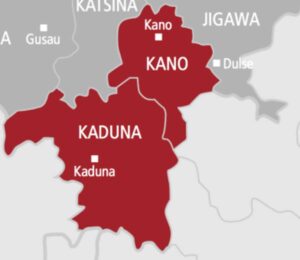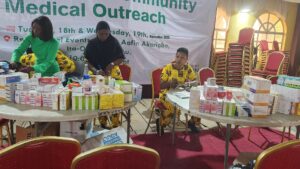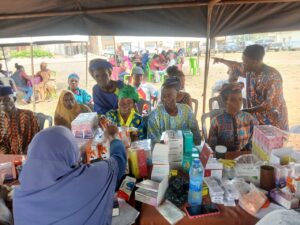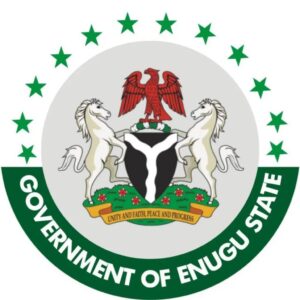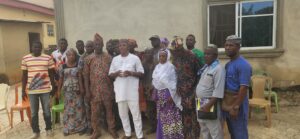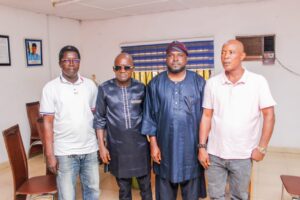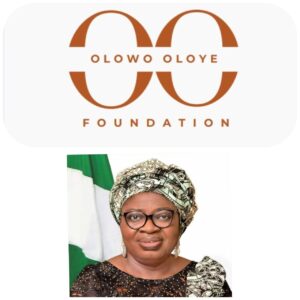Nigeria Advocates Special and Differential Treatment at WTO Ministerial Conference
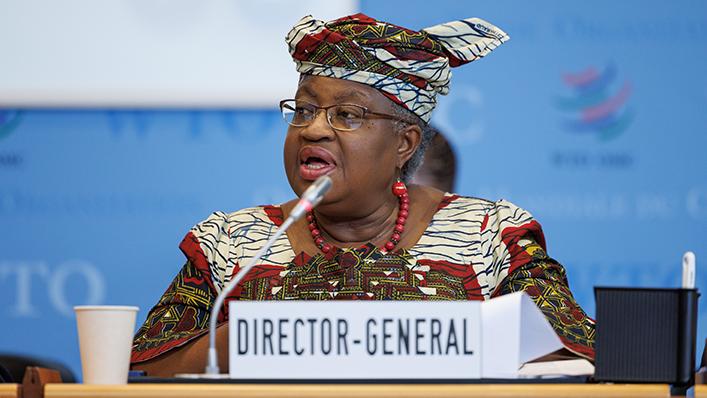
Nigeria is poised to champion key issues, including the call for Special and Differential Treatment (SDT) for developing country members in trade agreements in anticipation of the 13th Ministerial Conference (MC13) of the World Trade Organization (WTO).
Dr. Doris Uzoka-Anite, the Minister of Industry, Trade, and Investment, highlighted Nigeria’s commitment to fostering international trade cooperation and inclusivity under the leadership of President Bola Ahmed Tinubu.
The MC13, scheduled to take place from February 26 to 29, 2024, in Abu Dhabi, United Arab Emirates, aims to convene trade ministers and delegations worldwide to update WTO agreements, review the multilateral trading system (MTS), and set the agenda for future WTO work.
Dr. Uzoka-Anite emphasized the crucial opportunity for Nigeria to engage in negotiations on SDT, focusing on the needs of developing country members in trade agreements. The agenda of the conference also includes discussions on environmental issues and inclusivity in trade policy.
“The Ministerial Conference of the WTO is an international meeting of the organization’s 164-member governments, directed to make decisions on the multilateral rules underpinning the international trading system. The Ministerial Conference is the highest-level decision-making body of the WTO, and this year’s conference presents a crucial opportunity for Nigeria to participate in negotiations for SDT,” stated Dr. Uzoka-Anite.
Nigeria’s participation in MC13 aligns with its dedication to contributing constructively to discussions that impact the future of global trade. With a focus on sustainable development, digital trade, and food security, Nigeria aims to achieve positive outcomes in WTO agriculture trade reforms.
Dr. Uzoka-Anite outlined key priorities, including a call for the review of trading rules for agriculture to achieve equitable rules enhancing food security. The conference’s work program should address critical food security instruments, such as Public stockholding for Food Security Purposes (PSH) and Special Safeguard Mechanism (SSM) for Developing Countries.
On the topic of Digital Trade, Nigeria advocates for approaching the E-Commerce Work Programme and Moratorium from a development perspective. The extension of the moratorium on Imposing Customs Duties on Electronic Transmissions is considered crucial to maintaining the predictability of the global e-commerce environment.
Nigeria also expressed its priorities regarding fisheries subsidies, encouraging members to expedite the ratification of the MC12 Fisheries Subsidies Agreement (FSA) for a comprehensive solution.
The upcoming MC13 is expected to foster global dialogue and shape positive outcomes for international trade policies. Nigeria’s active engagement underscores its commitment to addressing critical issues and contributing to the inclusive development of the global trading system.

